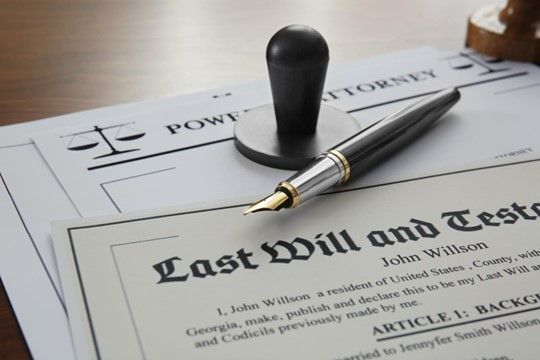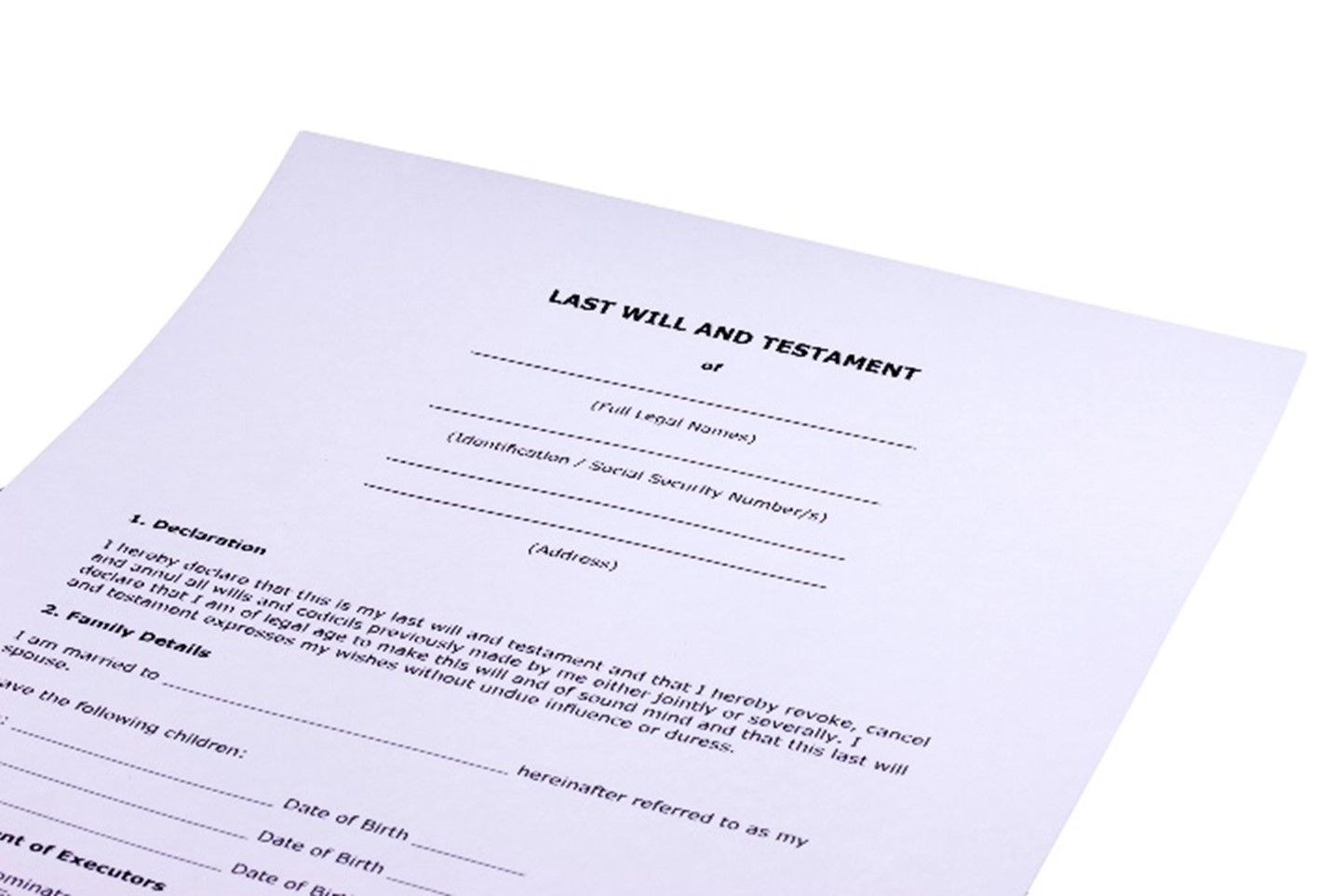Common estate planning mistakes Nevada residents should avoid
Common estate planning errors include going without a plan, failing to keep a plan current, choosing inadvisable fiduciaries and overlooking contingencies.
Estate planning can offer many benefits for people in Las Vegas, including preventing probate and minimizing the loss of personal assets to taxes. Unfortunately, many people may miss out on these gains as a result of common missteps during this process. As a result, most Nevada residents can benefit from understanding and avoiding some of the most prevalent estate planning errors.
Failing to plan
Many Americans lack wills and have not completed other forms of estate planning. In 2014, Forbes reported that over 50 percent of Americans between ages 55 and 64 have not drafted wills. Unfortunately, individuals who pass away before creating wills cannot be assured that their assets will be passed on to the intended heirs. Additionally, without a will in place, an estate must go through probate, which can be a costly and slow process.
Choosing the wrong fiduciary
People who are drafting wills or establishing trusts must give careful thought to picking an executor or trustee, given the power that these individuals will hold. People who are selecting either type of fiduciary should consider the following variables:
- The person’s ability to make executive decisions and fulfill essential duties. A trustee or executor does not necessarily need extensive legal and financial expertise, but he or she should be able to make basic business decisions and decide when professional assistance is needed.
- The person’s age and general health. It may be years before an executor or trustee has to fulfill her or his duties, and a trustee’s responsibilities can last for decades. It is critical to choose someone who will likely have the physical and mental capacity to meet these future demands.
- The advisability of hiring an executor or trustee. Depending on a person’s financial resources and the complexity of his or her assets, hiring a professional fiduciary may be the most suitable option.
Ultimately, it is important to avoid picking a trustee or executor based on arbitrary reasons or out of a sense of obligation.
Forgetting contingencies
People who are working on estate planning also should make sure that the plan addresses unexpected situations and worst-case scenarios. A plan that does not account for contingencies may result in an imbalanced or undesirable distribution of assets to heirs. A plan that makes provisions for developments such as divorce, illness, or significant financial setbacks can ensure that a person’s dependents are protected in various situations.
Doing it alone
Many people may attempt to handle estate planning on their own, but this can be risky even for people with relatively small estates or simple objectives. Minor errors or oversights may result in misunderstandings, disputes or other adverse outcomes for heirs. Additionally, people who aren’t familiar with estate and tax law may draft plans that result in unnecessary estate tax liability. As a result, seeking professional assistance with estate planning is often advisable.
Falling behind
Adults who have already begun estate planning should remember that the process is never completely finished. An estate plan should be regularly updated to address changes in a person’s financial standing, relationships, living situation and desires for heirs. Changes in state and federal tax laws may also provide grounds for revisions to an estate plan.
Considering this, people who lack estate plans or have not reviewed their plans recently should consider consulting an attorney. An attorney may be able to help a person choose an appropriate strategy for protecting his or her estate and ensure that no critical details are overlooked during the planning process.








